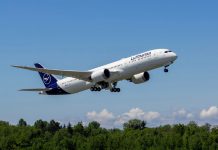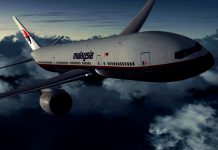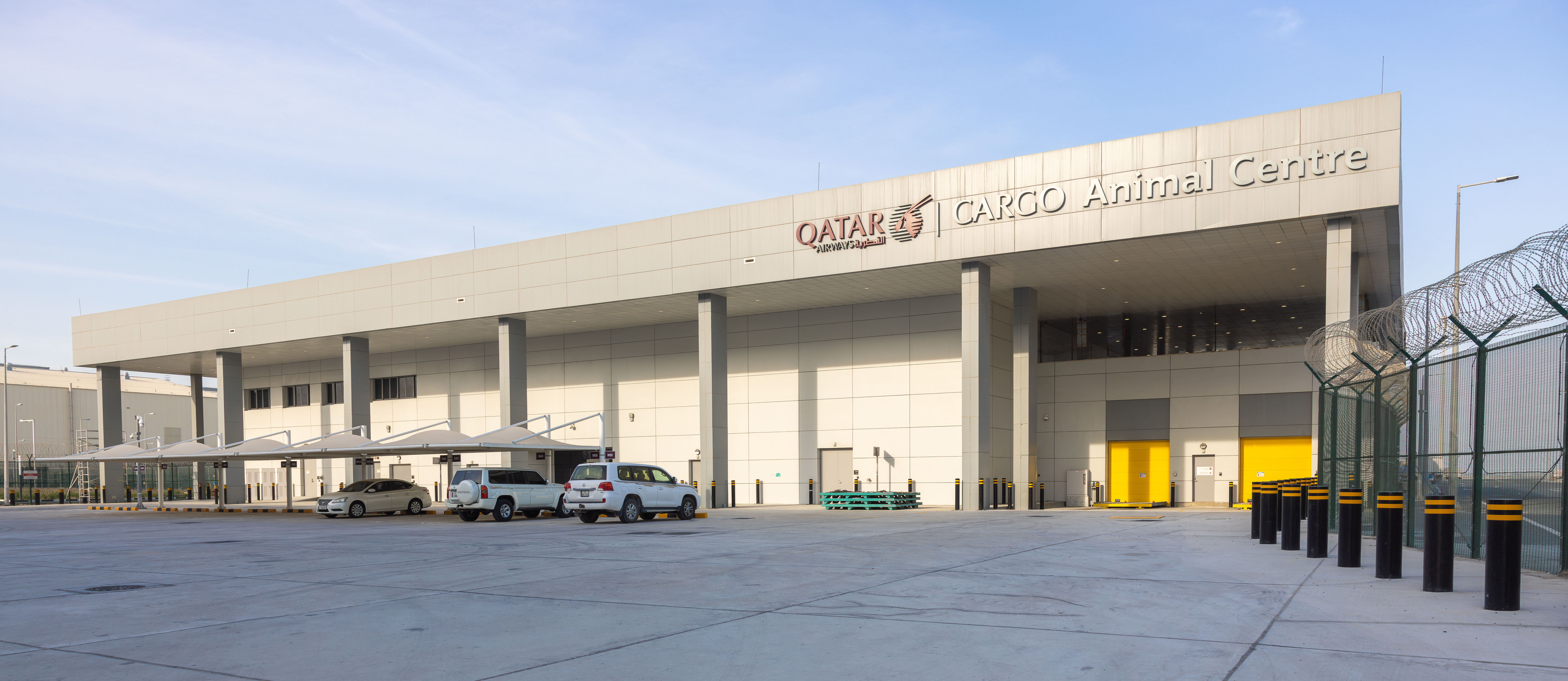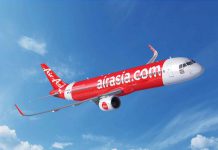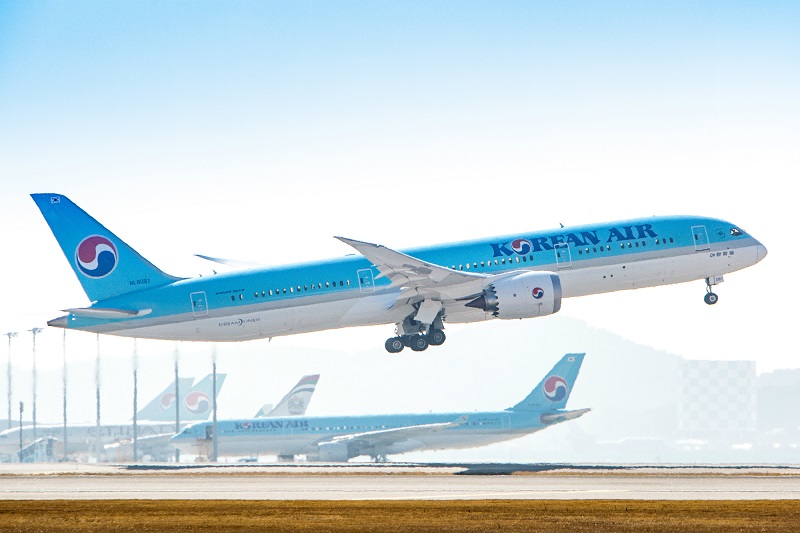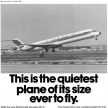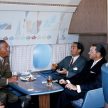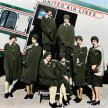Korean Air has opened a new front in the war against COVID-19 and deployed its passenger aircraft as freighters in a bid to offset the impact of a severe fall in passenger demand.
South Korea was an early hotspot of the virus and was hit hard by entry restrictions imposed by other governments.
READ: United to halve capacity as some carriers halt international flying.
This led to a 86 percent fall in international flights that saw the suspension of 89 of the airline’s 124 routes as of March 13 and prompted speculation about its survival.
But Korean Air’s top management has been thinking outside the COVID-19 box and has now started using its passenger planes as freighters to destinations such as Vietnam’s Ho Chi Minh City and Qingdao in China.
While it may not be a money-makeritthe airline see this as a way of offsetting expenses and supporting import and export companies.
Korean used an A330 on March 13 to transport emergency supplies and agricultural products from Korean companies to Ho Chi Minh City.
From March 21, the airline plans to deploy more of the passenger aircraft that have been sitting idle since February 25 to transport cargo to Qingdao with further cargo missions planned to an expanded number of destinations.
“As the COVID-19 situation becomes increasingly dire, it is important for us to take a new perspective when looking at the market,’’ Hanjin Group and Korean Air chairman Walter Cho said.
“If we use the cargo compartment of our parked passenger aircraft, not only can we respond to the changing demand of cargo transport by diversifying our cargo routes, but we can also reduce aircraft parking fees.”
Cho has dealt previously with global emergencies and during the 2009 flu pandemic and the global financial crisis overcame a fall in demand in flights from Korea by making Seoul’s Incheon airport a transfer hub.
He said the idea of using passenger planes to transport cargo could also be used on trans-Atlantic routes given airlines in that market now face US restrictions.
“We must flexibly respond to market demand,’’ he said.


